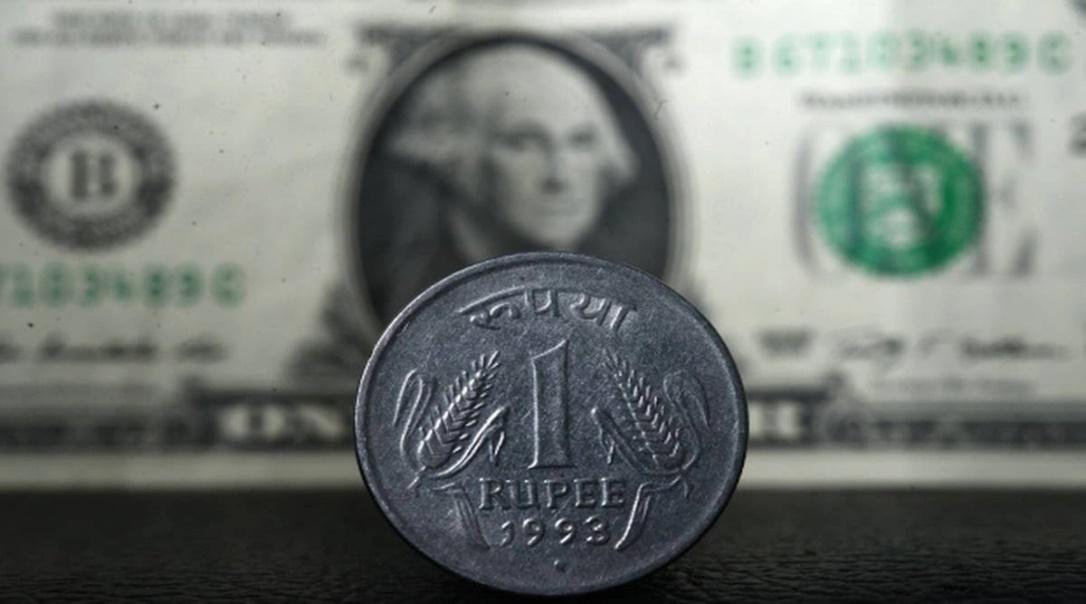Because of India’s persistent current-account shortfall, the rupee’s recent gains might be short-lived. Furthermore, the central bank is increasing its international currency reserves.
This month, the currency has fallen behind its peers, including the Thai baht and Indonesian rupiah. Even after the dollar declined further, it only increased by 1.4%. QuantEco Research forecasts a rupee depreciation of 83.5 cents per dollar in the next three months. Compared to Friday’s 81.6, this is down by 2%. It’ll fall below 83, according to the Nuvama Professional Clients Group.
What Are the Major Catalysts of Shaken Confidence?
The Reserve Bank of India is rebuilding its reserves, limiting the currency’s appreciation. In October, it fell to a two-year low. Nuvama’s head of forex is Abhilash Koikkara. He claims that the RBI will take advantage of any dip in the dollar-rupee rate.
Research published last week by short-seller Hindenburg Research claimed that companies connected to Indian billionaire Gautam Adani had participated in stock manipulation and accounting fraud, perhaps harming investor trust in India. The study was branded as false by Adani’s group of firms. Companies released a 413-page rebuttal over the weekend.
India’s large current-account deficit, as well as its financial shortfall, are also to blame for the country’s poor performance. QuantEco’s economist, Vivek Kumar, argued that expectations of a persistent shortfall in the next financial year should continue to put modest depreciation pressure on the rupee.
What Are the Consensus Policy Reviews and Predictions?
According to the government’s budget, Prime Minister Narendra Modi is maintaining his fiscal consolidation path on February 1. IDFC FIRST Bank Ltd. Mumbai’s economist is Gaura Sengupta. This, he believes, might give the currency a boost in value.
However, after the budget, the rupee has tended to fall in recent years. According to Bloomberg Economics, the current-account deficit will reduce to 2.8% of GDP in the financial year ending March 2024, down from 3.2% this fiscal year. Nonetheless, it noted that the percentage is still much higher than the previous 10 years average of 1.5% GDP.
















